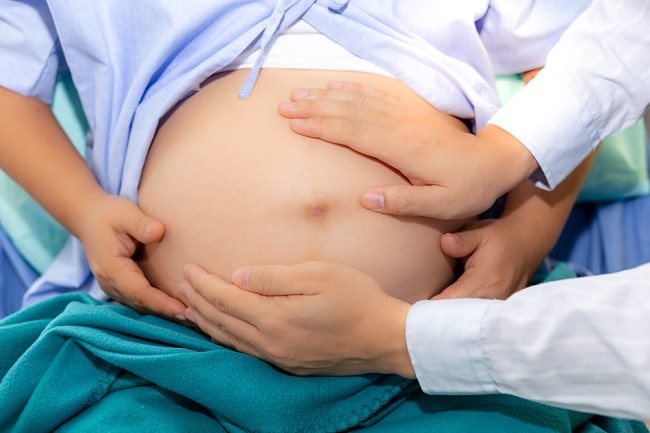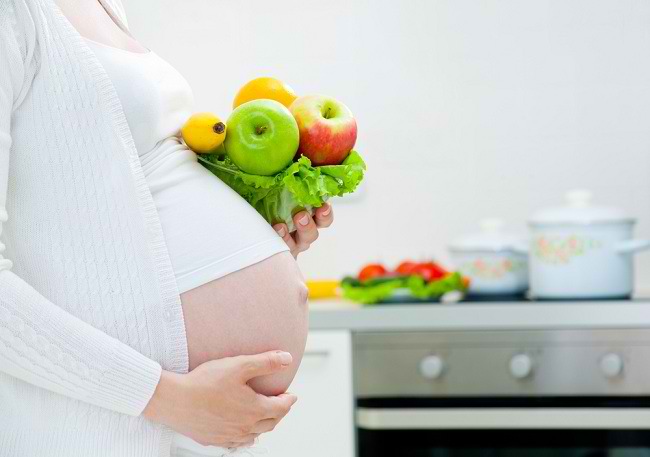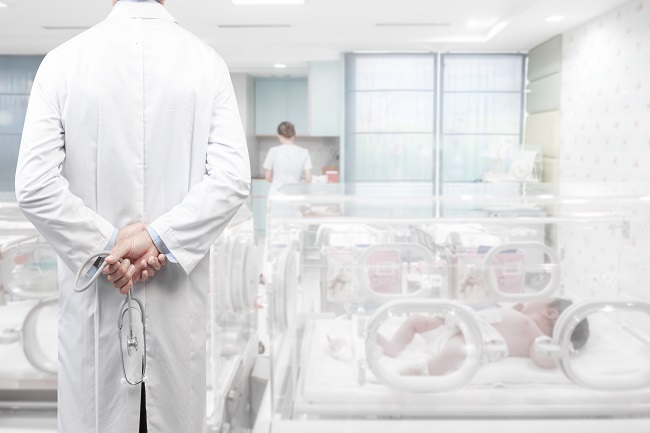Change mood The ups and downs are things that are often felt by pregnant women. However, if pregnant women constantly feel sad, this could be a symptom of depression. If pregnant women experience it, you should immediately seek help because this psychological problem should not be ignored.
During pregnancy, hormonal changes can affect levels of chemicals in the brain that are directly related to mood regulation. This is why pregnant women tend to experience mood swings.

If pregnant women who experience these hormonal changes also face life problems that are quite severe, depression can occur during pregnancy. Pregnant women have an increased risk of developing depression if they have had miscarriages, traumatic experiences, or depression before becoming pregnant.
Signs of Depression During Pregnancy
Recognizing depression during pregnancy can be difficult because some of the signs are similar to normal pregnancy symptoms, such as changes in appetite, weakness, and changes in sleep patterns.
However, depression during pregnancy is usually accompanied by the following signs:
- Difficult to concentrate
- Feeling worthless
- Not enjoying the things you used to like
- Always feel guilty
- Emotions that change quickly, for example, are often angry, restless, and anxious
- Constantly saddened
- Feeling hopeless
These symptoms can be categorized as depression if they are felt for at least 2 weeks.
While pregnant women may notice these symptoms, not many know that this is a serious matter. As a result, often these symptoms are not treated immediately. In fact, depression should not be left alone, especially when it occurs in pregnant women.
Depression can make pregnant women vent their sadness by consuming junk food, smoking, or drinking alcoholic beverages. In fact, in severe depression, pregnant women can try to end their lives.
The impact of depression during pregnancy can put the fetus at risk for developmental disorders, being born with low birth weight, or being born prematurely. In addition, if depression persists after delivery, the mother is more likely to have no desire to care for her baby.
how How to Overcome Depression During Pregnancy?
Depression can harm pregnant women and the fetus they contain. Therefore, depression during pregnancy needs to be addressed immediately if symptoms appear. There are several ways that can be done if pregnant women feel signs that lead to depression, including:
Seek help from health workers
Depression during pregnancy needs to be treated professionally. Therefore, pregnant women should consult a psychologist or psychiatrist. If pregnant women consult a psychologist, the possible therapy is psychotherapy. This therapy can treat mild or moderate depression.
However, if the pregnant woman's symptoms are considered major depression, the psychologist will likely refer the pregnant woman to a psychiatrist so she can get medication in addition to psychotherapy.
Treatment for depression has the potential to cause adverse effects on the fetus. However, if the psychiatrist decides to give pregnant women medication, it means that they judge that the benefits of taking the drug outweigh the risks.
Even so, pregnant women are still recommended to regularly check their pregnancy with a gynecologist, especially if depression has also affected the mother's physical health.
Applying natural remedies for depression
To support the work of drugs and psychotherapy, pregnant women can also do several things that can help relieve symptoms of depression during pregnancy, including:
- Enough restTry to get enough and regular sleep every day. Lack of sleep can reduce pregnant women's ability to deal with stress, so pregnant women are more prone to experiencing symptoms of depression.
- Light exercisePhysical exercise during pregnancy is known to increase levels of the hormone serotonin (the happy hormone) and decrease the hormone cortisol (the stress hormone). However, pregnant women are recommended to first consult with their obstetrician to find out the type of physical exercise and exercise that suits the pregnant woman's condition.
- Consumption of healthy and balanced foodAnother way that pregnant women can do to relieve depression during pregnancy is to eat a healthy and balanced diet. Eating foods that are high in sugar, caffeine, bad fats, or made from flour are known to make things worse mood, it can even worsen the symptoms of depression.
- Consumption of omega-3 fatty acidsOmega-3 fatty acids can also be used as a mood booster natural and can help relieve symptoms of depression during pregnancy. In addition, this nutrient is also good for the baby's brain development. Omega-3 fatty acids can be obtained by eating fish, nuts, and vegetable oils.
Depression during pregnancy can harm both the mother and the unborn child. Therefore, symptoms of depression need to be watched out for and immediately addressed with therapy and treatment from a psychologist or psychiatrist.
Unfortunately, one of the symptoms of depression is feeling worthless and hopeless, which can make sufferers don't care about their health and are reluctant to seek help or treatment.
If pregnant women feel symptoms of depression, be strong and don't hesitate to ask for help, at least to the closest people first. After that, slowly pregnant women can continue by consulting a psychologist or psychiatrist.









